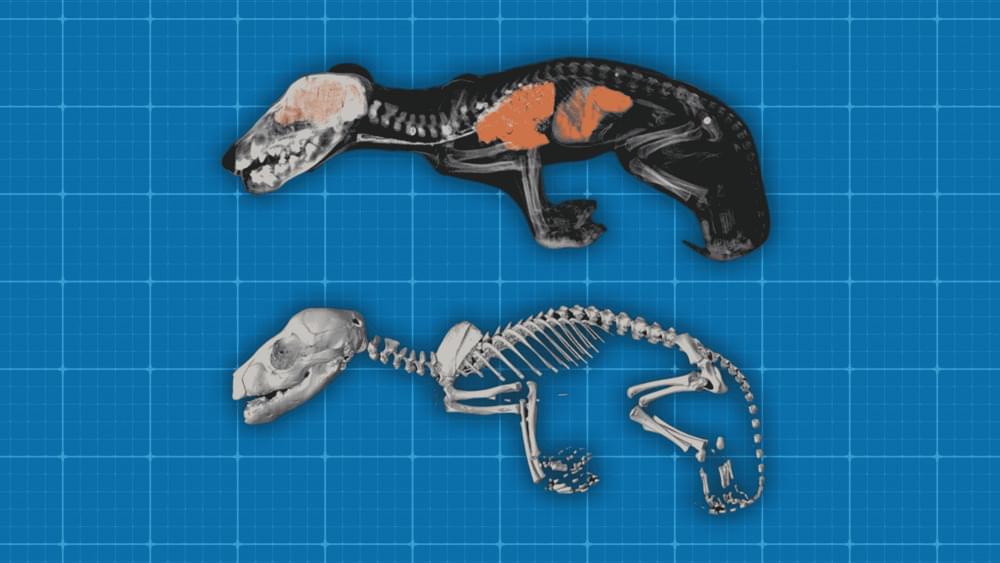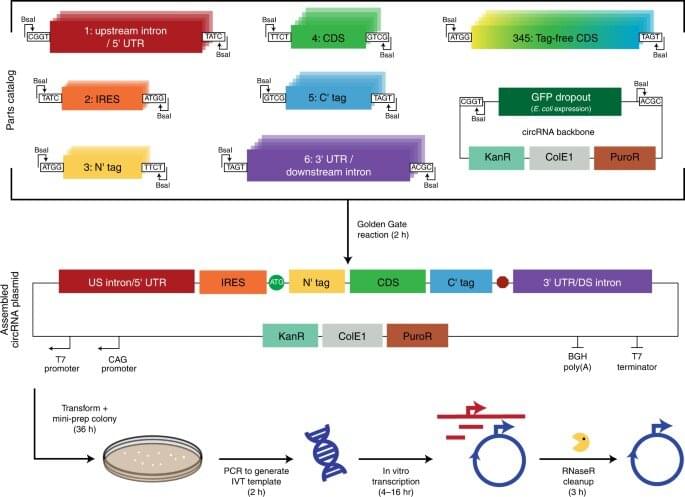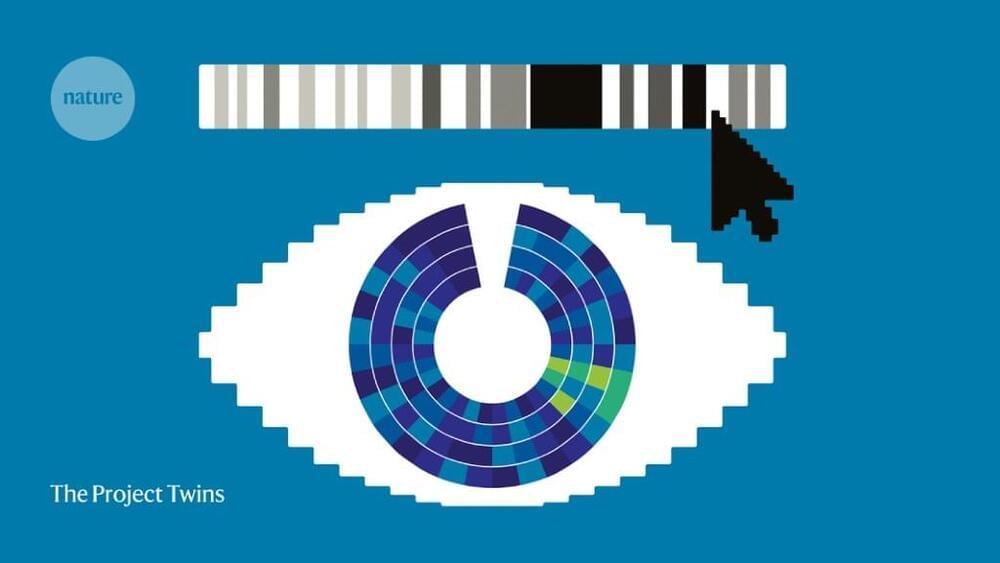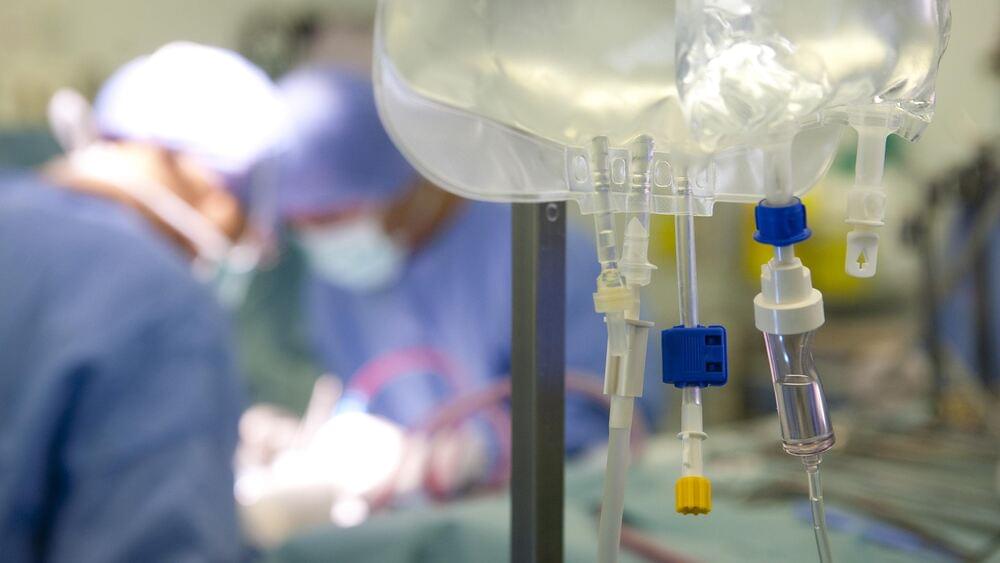A Brain-Computer Interface (BCI) is a promising technology that has received increased attention in recent years. BCIs create a direct link from your brain to a computer. This technology has applications to many industries and sectors of our life. BCIs redefine how we approach medical treatment and communication for individuals with various conditions or injuries. BCIs also have applications in entertainment, specifically video games and VR. From being able to control a prosthetic limb with your mind, to being able to play a video game with your mind—the potential of BCIs are endless.
What are your thoughts on Brain-Computer Interfaces? Let us know!
Any disruptive technologies you would like us to cover? Dm us on our Instagram (@toyvirtualstructures).
—————–
Check out our curated playlists:
https://www.youtube.com/channel/UCr5Akn6LhGDin7coWM7dfUg/playlists.
—————–
Media Used:
Tom Oxley | TED
—————–
Want more content?
Check us out at:
Instagram: @toyvirtualstructures.
Twitter: @web3tvs







